Dr Jaeyeon Choe – Business School – has published an edited book, entitled “Pilgrimage beyond the Officially Sacred: Understanding the Geographies of Religion and Spirituality in Sacred Travel” with Dr Michael Di Giovine from the Department of Anthropology and Sociology at West Chester University of Pennsylvania, USA.

Pilgrimage beyond the Officially Sacred: Understanding the Geographies of Religion and Spirituality in Sacred Travel examines the many ways in which pilgrimage engages with sacredness, delving beyond the officially recognized, and often religiously conceived, pilgrimage sites.
As scholarship examining the lived experiences of pilgrims and tourists has demonstrated, pilgrimage need not be religious in nature, nor be officially sanctioned; rather, they can be ‘hyper-meaningful’ voyages, set apart from the everyday profane life—in a word, they are sacred. Separating the social category of ‘religion’ from the ‘sacred,’ this volume brings together a multidisciplinary group of scholars employing perspectives from anthropology, geography, sociology, religious studies, theology, and interdisciplinary tourism studies to theorize sacredness, its variability, and the ways in which it is officially recognized or condemned by power brokers. Rich in case studies from sacred centers throughout the world, the contributions pay close attention to the ways in which pilgrims, central authorities, site managers, locals, and other stakeholders on the ground appropriate, negotiate, shape, contest, or circumvent the powerful forces of the sacred. Delving ‘beyond the officially sacred,’ this collective examination of pilgrimages—both well-established and new, religious and secular, authorized and not—presents a compelling look at the interplay of secular powers and the transcendent forces of the sacred at these hyper-meaningful sites.
Providing a blueprint for how work in the anthropology and geography of religion, and the fields of pilgrimage and religious tourism, may move forward, Pilgrimage beyond the Officially Sacred will be of great interest to an interdisciplinary field of scholars. The chapters were originally published as a special issue in Tourism Geographies.
—
Table of Contents
Introduction
Geographies of religion and spirituality: pilgrimage beyond the ‘officially’ sacred
Michael A. Di Giovine and Jaeyeon Choe
1. From the liminal to the lateral: urban religion in English cathedrals
Simon Coleman
2. Meaning-making in the course of action: affordance theory at the pilgrim/tourist nexus
Joy W. Ackerman
3. Pilgrim routes as contested spaces in Norway
Hogne Øian
4. Tourism and sacred landscape in Sagarmatha (Mt. Everest) National Park, Nepal
Yang Mu , Sanjay K. Nepal and Po-Hsin Lai
5. Cultural tourism between local and transnational identities: Jewish heritage in Syracuse, Italy
Andrea Corsale and Shaul Krakover
6. Wak’a/shrine making and pilgrimage tourism in Copacabana, Bolivia
Jessica Joyce Christie
7. Reframing and Reconceptualising Gambling tourism in Macau as a Chinese Pilgrimage
Michael O’Regan , Jaeyeon Choe and Michael Di Giovine
8. Hierarchical value map of religious tourists visiting the Vatican City/Rome
Bona Kim and Seongseop (Sam) Kim
More more information and how to order:
https://bit.ly/2WGkSS1
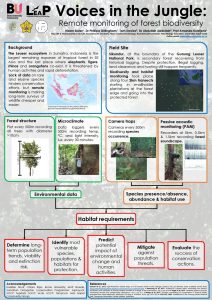 A major challenge in wildlife conservation is the difficulty of collecting and maintaining robust records of abundance and distribution. Sumatra contains a diverse array of unique animal sounds, since many forest animals use acoustic signals for long range communication; these signals can tell us a great deal about wildlife populations and behaviour. A forest soundscape was recorded in secondary forest in Sumatra, Indonesia, as a tool for rapid biodiversity assessment and to begin building a database of vocal signals for long term monitoring of apes and elephants. A network of custom-built acoustic recorders were deployed, covering both protected secondary forest and smallholder plantations at the forest edge. These data are valuable for biodiversity and population monitoring, as well as hugely effective tools for conservation education. In addition to wildlife research, materials collected from this project are being incorporated into an interactive exhibition to engage young children with nature and conservation.
A major challenge in wildlife conservation is the difficulty of collecting and maintaining robust records of abundance and distribution. Sumatra contains a diverse array of unique animal sounds, since many forest animals use acoustic signals for long range communication; these signals can tell us a great deal about wildlife populations and behaviour. A forest soundscape was recorded in secondary forest in Sumatra, Indonesia, as a tool for rapid biodiversity assessment and to begin building a database of vocal signals for long term monitoring of apes and elephants. A network of custom-built acoustic recorders were deployed, covering both protected secondary forest and smallholder plantations at the forest edge. These data are valuable for biodiversity and population monitoring, as well as hugely effective tools for conservation education. In addition to wildlife research, materials collected from this project are being incorporated into an interactive exhibition to engage young children with nature and conservation. Figure 1. Changes in work-life balance of respondents during Covid-19 lockdown (a) and the selected reasons for identifying positive or negative change (b). ‘Other’ refers to other reasons for improved or worsened work-life balance.
Figure 1. Changes in work-life balance of respondents during Covid-19 lockdown (a) and the selected reasons for identifying positive or negative change (b). ‘Other’ refers to other reasons for improved or worsened work-life balance. Figure 2. The level of impact of selected factors on the work-life balance of respondents during lockdown.
Figure 2. The level of impact of selected factors on the work-life balance of respondents during lockdown. Figure 3. Most cited top two aspects that have affected respondents’ work-life balance (a) positively and (b) negatively (showing categorised responses cited at least five times).
Figure 3. Most cited top two aspects that have affected respondents’ work-life balance (a) positively and (b) negatively (showing categorised responses cited at least five times).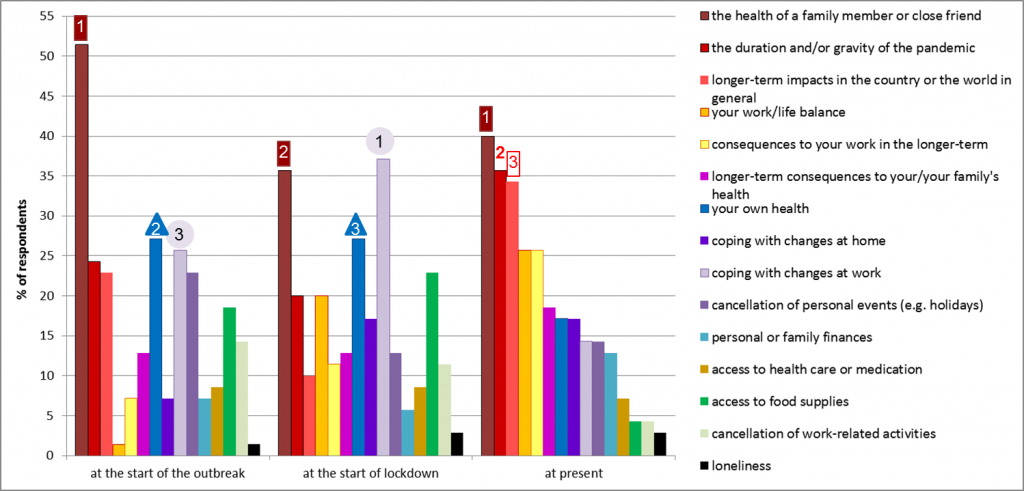 Figure 4. Respondents’ main concerns at the start of the outbreak, at the start of the lockdown and at present.
Figure 4. Respondents’ main concerns at the start of the outbreak, at the start of the lockdown and at present.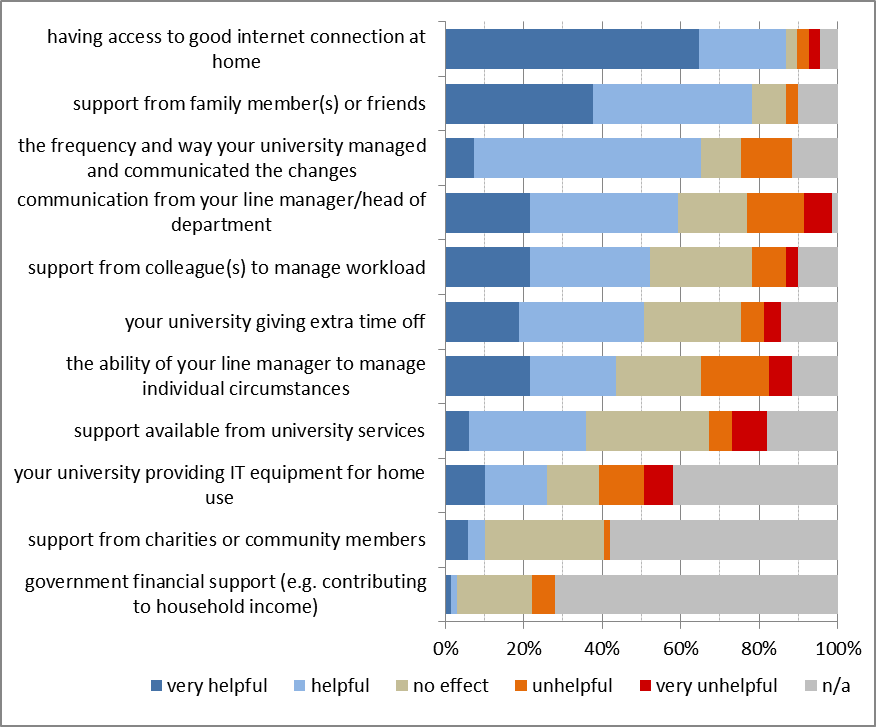 Figure 5. Respondents indication of how helpful were these particular types of support available to them.
Figure 5. Respondents indication of how helpful were these particular types of support available to them.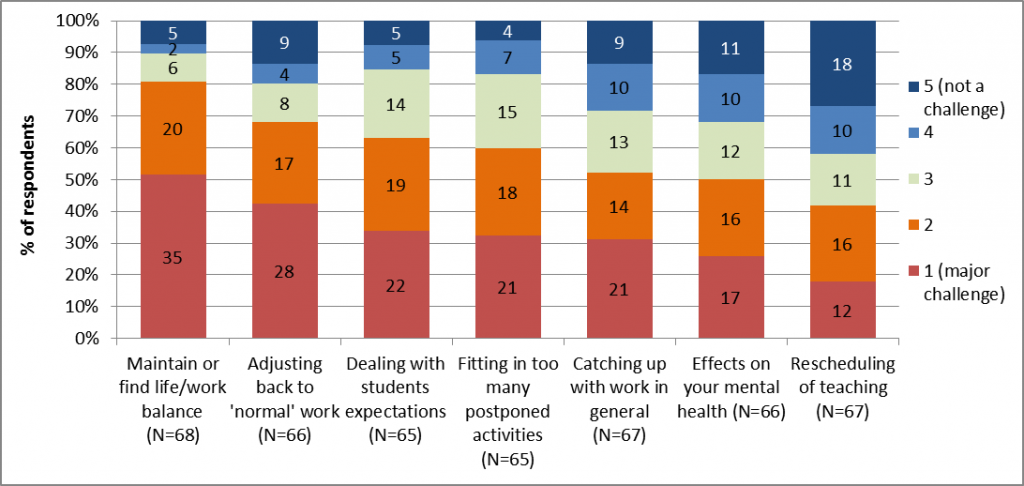 Figure 6. Major challenges identified regarding work at the end of lockdown.
Figure 6. Major challenges identified regarding work at the end of lockdown. Figure 7. Perception of long-lasting changes brought by the C-19 outbreak.
Figure 7. Perception of long-lasting changes brought by the C-19 outbreak.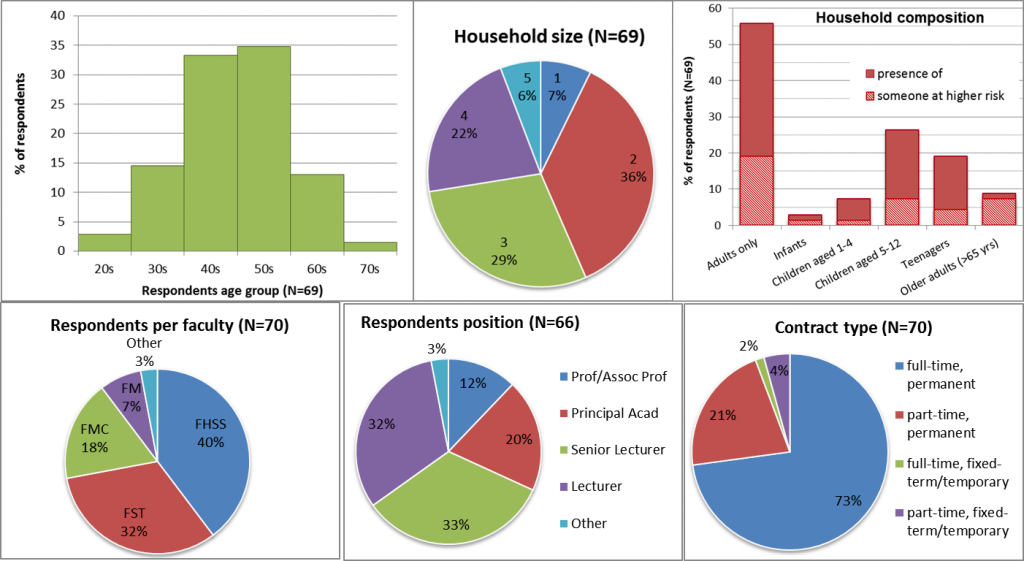
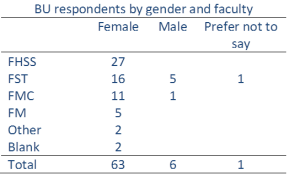



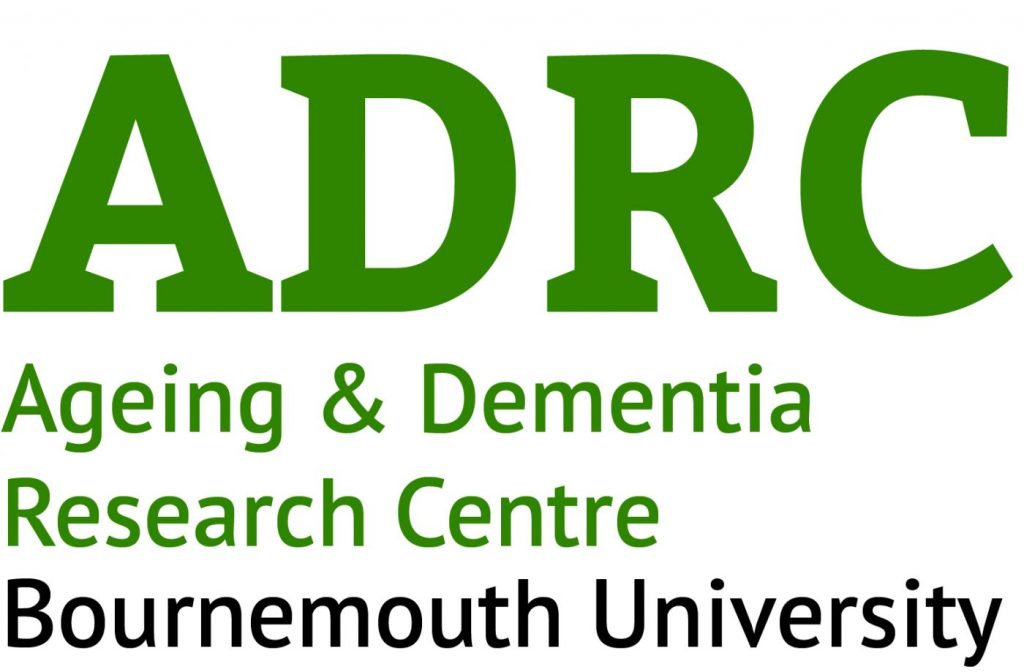
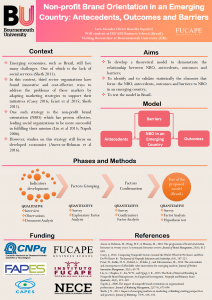
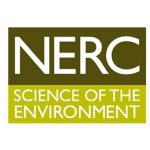
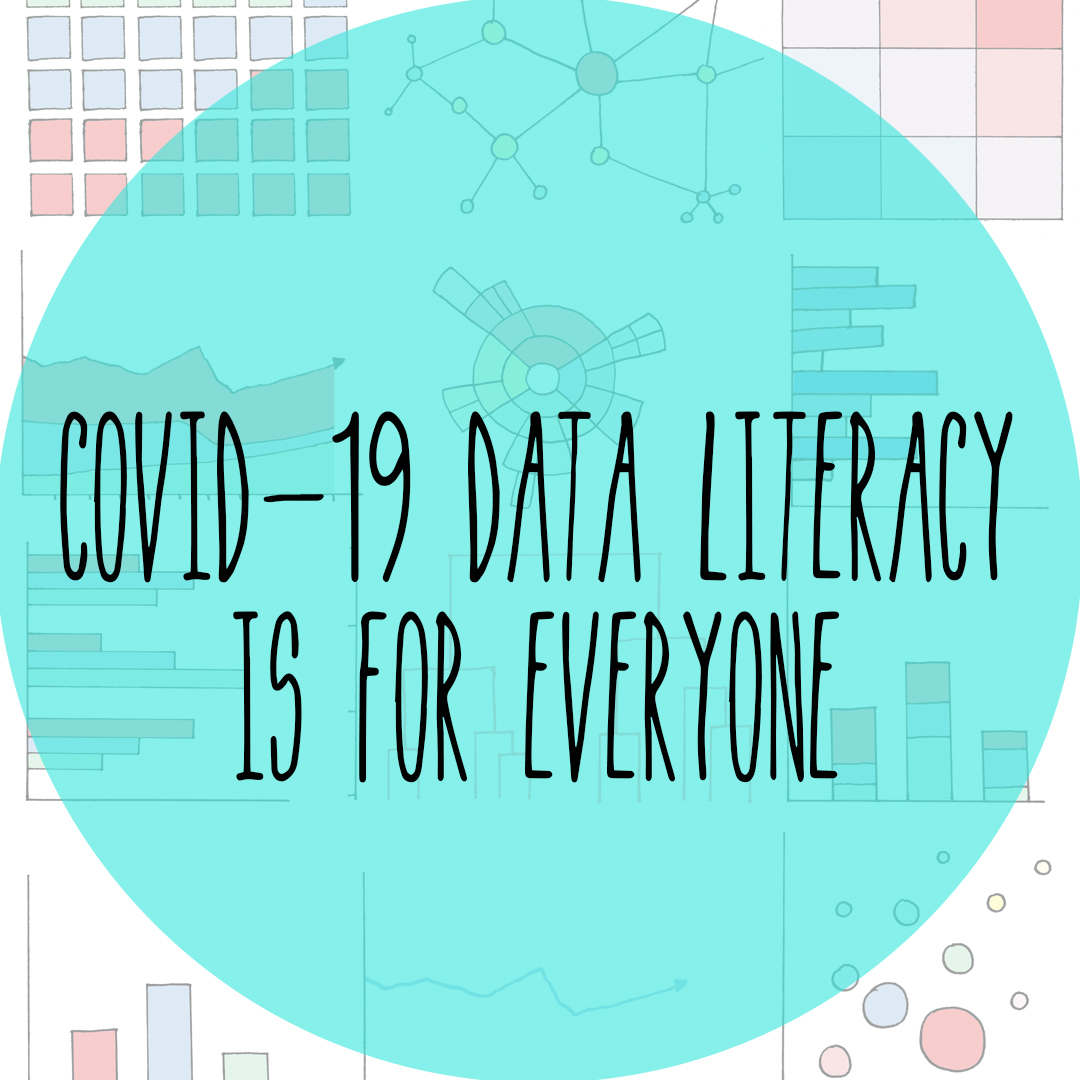
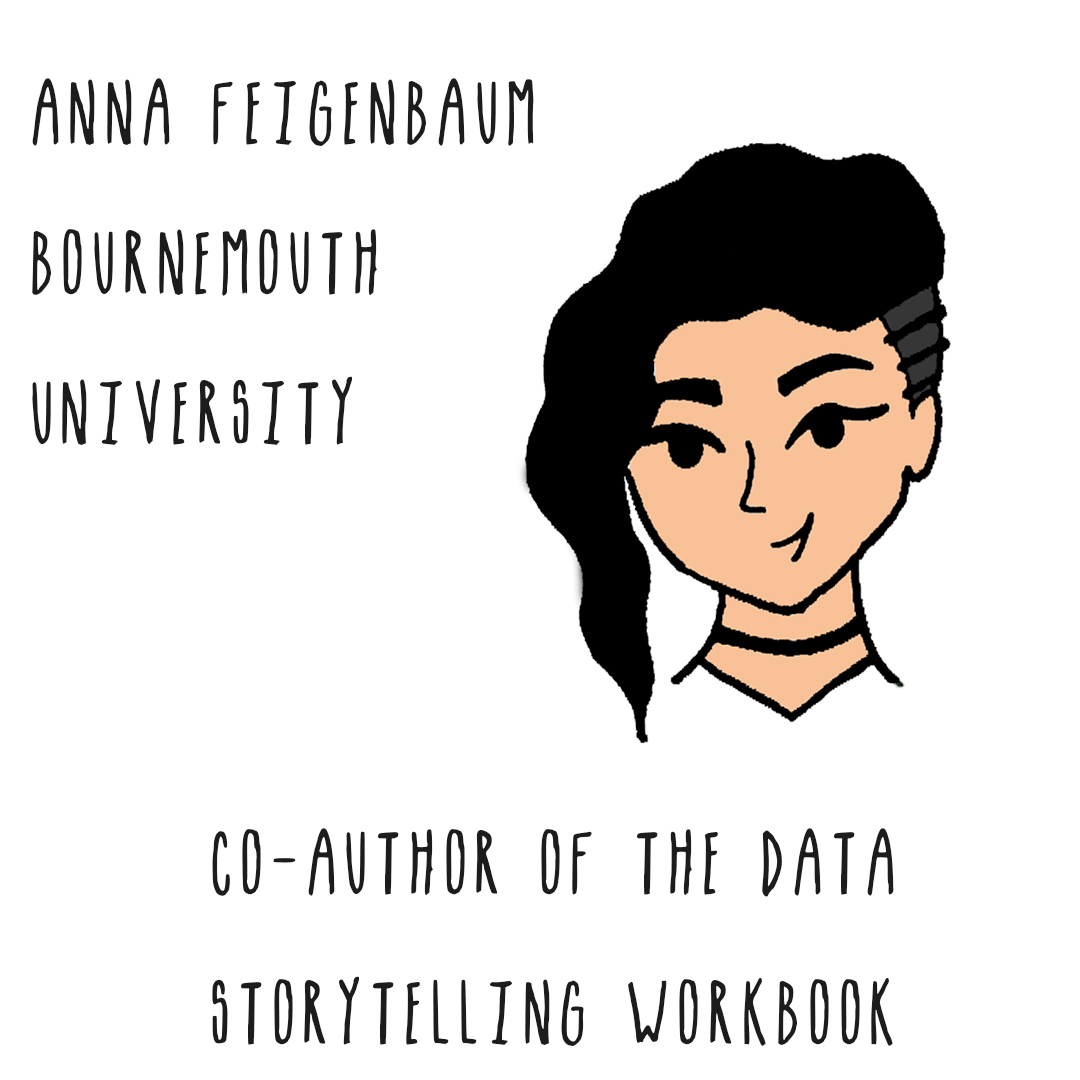
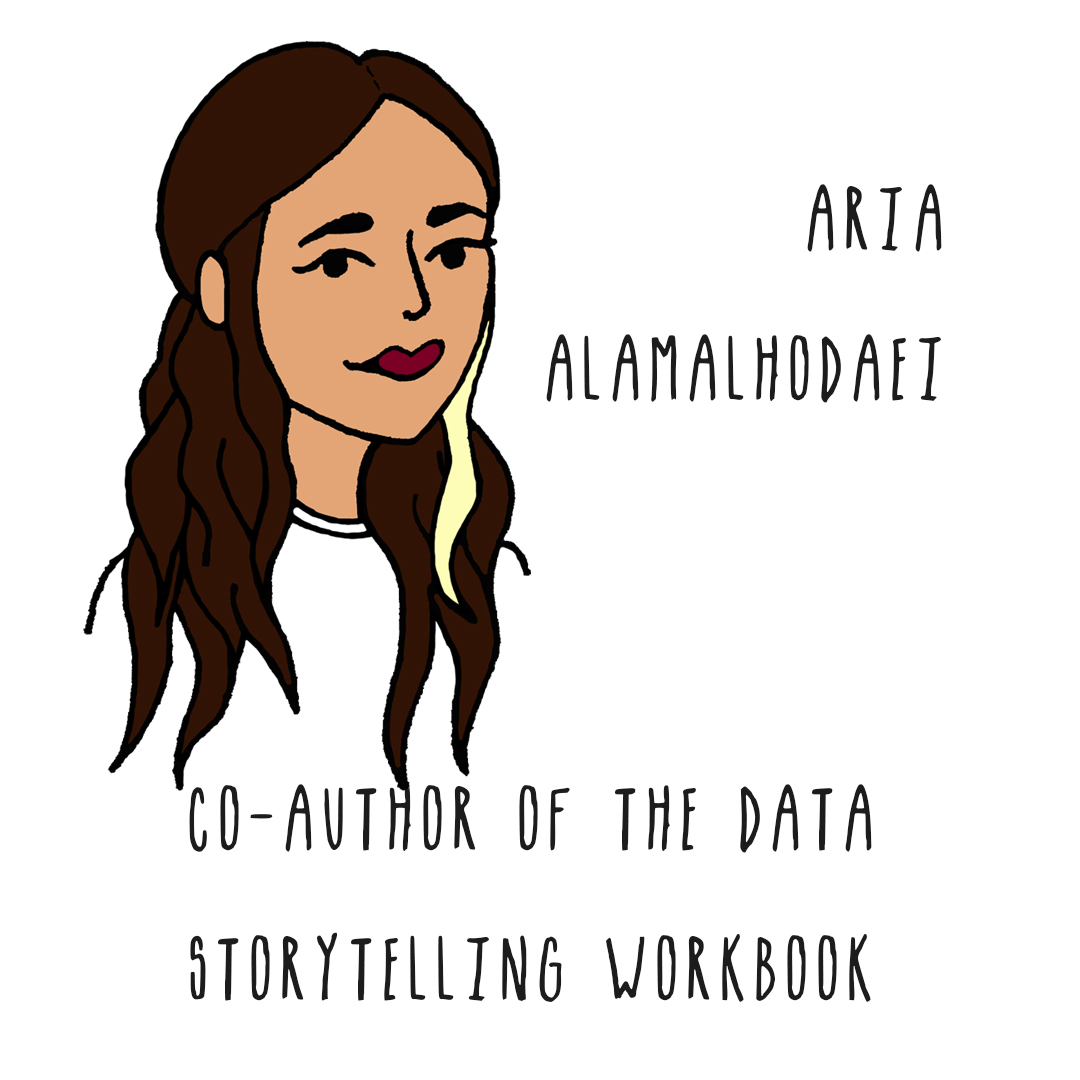

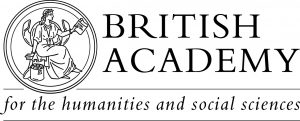
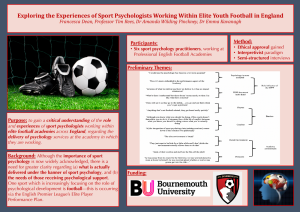
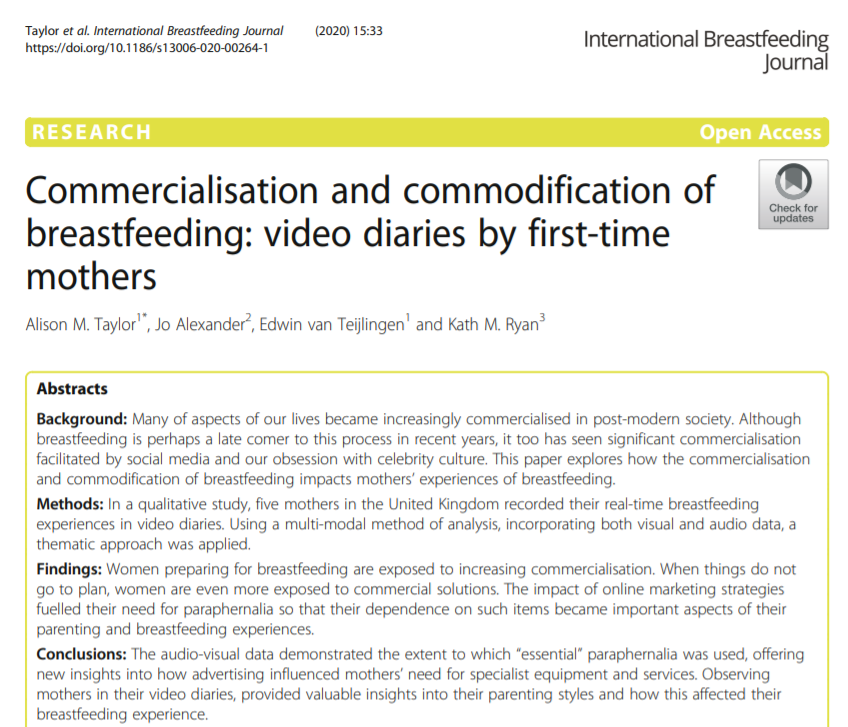
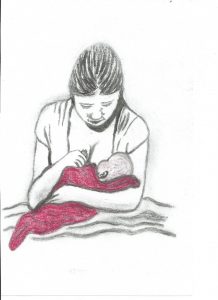

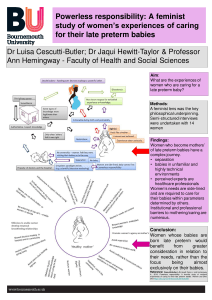

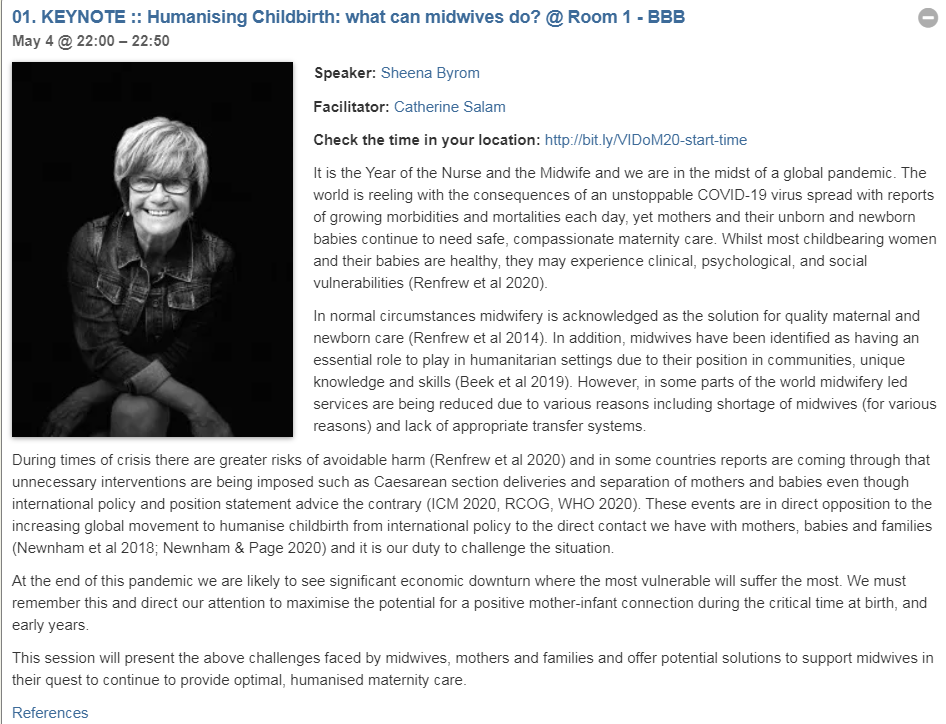
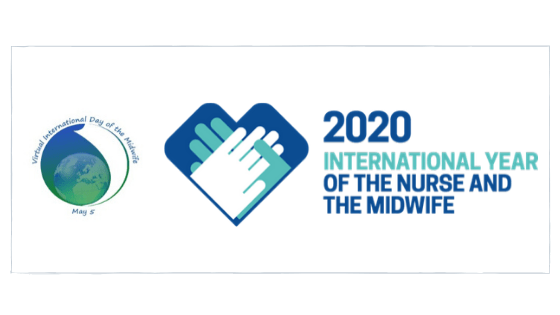

 In recognition of the important contribution that early career academics play in driving research for the future, we are delighted to continue the BU Academic Targeted Research scheme to attract and recruit talented individuals in targeted research areas. Following the successful recruitment of five new posts, we will employ one other new Senior Lecturer with significant postdoctoral expertise (or of comparable experience) with outstanding potential in alignment with the targeted research areas:
In recognition of the important contribution that early career academics play in driving research for the future, we are delighted to continue the BU Academic Targeted Research scheme to attract and recruit talented individuals in targeted research areas. Following the successful recruitment of five new posts, we will employ one other new Senior Lecturer with significant postdoctoral expertise (or of comparable experience) with outstanding potential in alignment with the targeted research areas: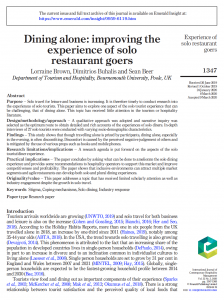













 TANGERINE project has lift off with BPC Indian Community!
TANGERINE project has lift off with BPC Indian Community! Postgraduate Research Experience Survey (PRES) 2024 – Closing today
Postgraduate Research Experience Survey (PRES) 2024 – Closing today THE INNOVATION COMMON ROOM: Going Old School
THE INNOVATION COMMON ROOM: Going Old School Apply for up to £1,000 to deliver an event and take part in a national festival of public engagement with research
Apply for up to £1,000 to deliver an event and take part in a national festival of public engagement with research MSCA Postdoctoral Fellowships 2024
MSCA Postdoctoral Fellowships 2024 Horizon Europe News – December 2023
Horizon Europe News – December 2023